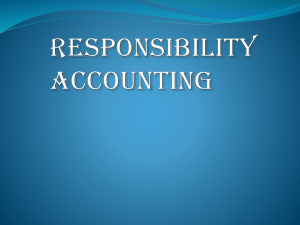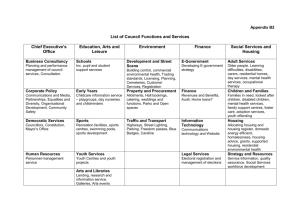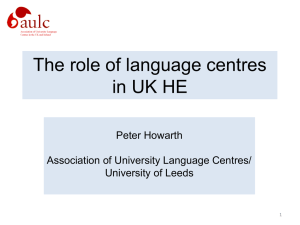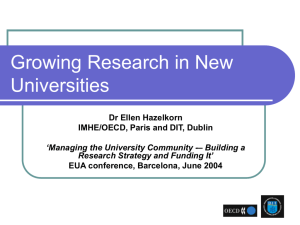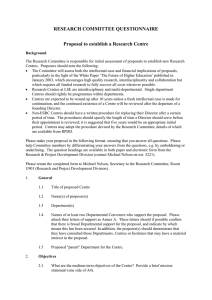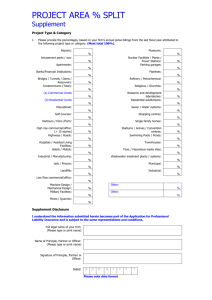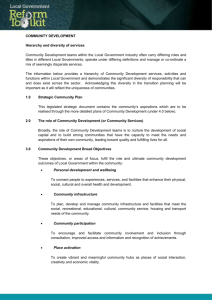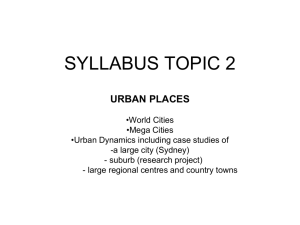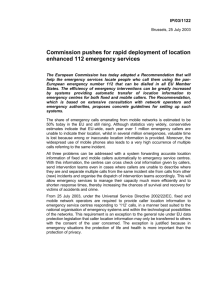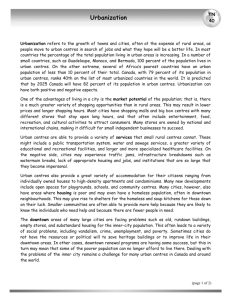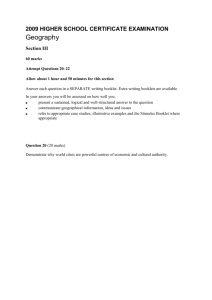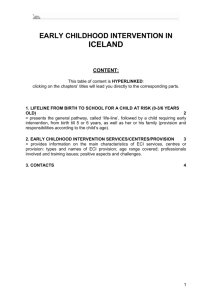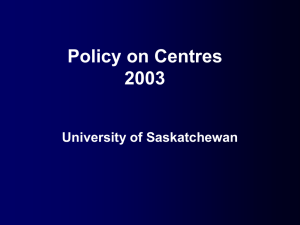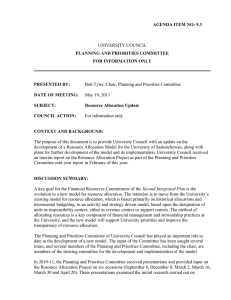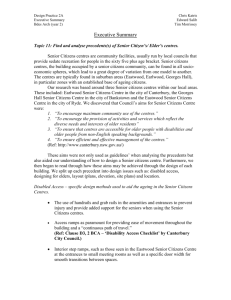what is a language centre - Association of University Language
advertisement
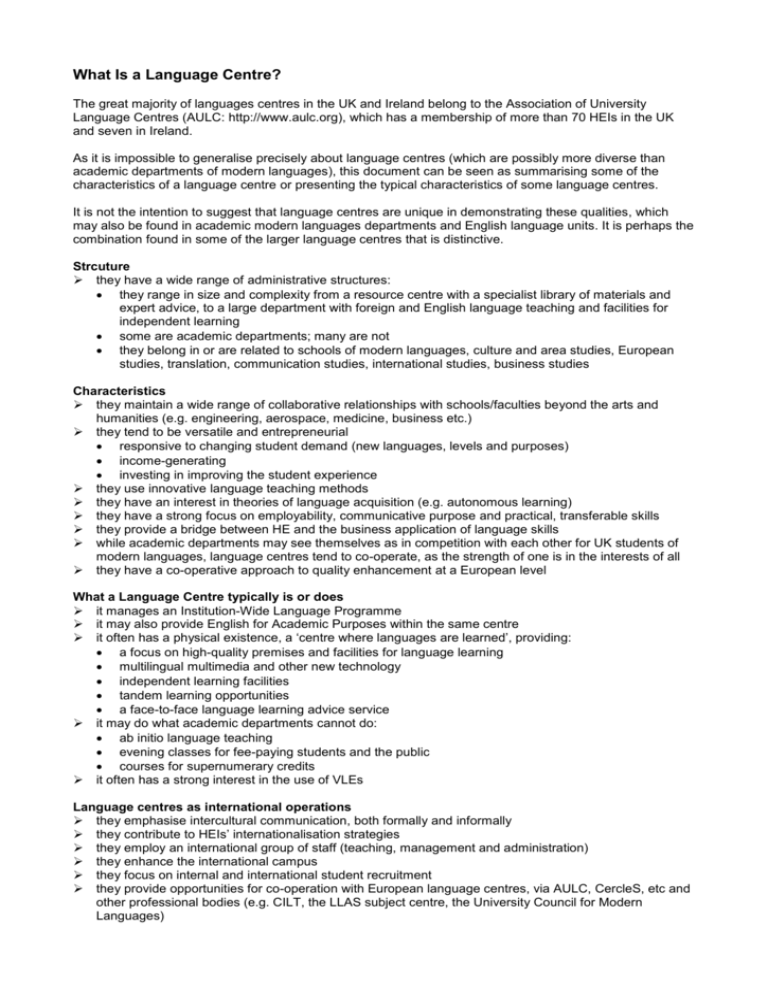
What Is a Language Centre? The great majority of languages centres in the UK and Ireland belong to the Association of University Language Centres (AULC: http://www.aulc.org), which has a membership of more than 70 HEIs in the UK and seven in Ireland. As it is impossible to generalise precisely about language centres (which are possibly more diverse than academic departments of modern languages), this document can be seen as summarising some of the characteristics of a language centre or presenting the typical characteristics of some language centres. It is not the intention to suggest that language centres are unique in demonstrating these qualities, which may also be found in academic modern languages departments and English language units. It is perhaps the combination found in some of the larger language centres that is distinctive. Strcuture they have a wide range of administrative structures: they range in size and complexity from a resource centre with a specialist library of materials and expert advice, to a large department with foreign and English language teaching and facilities for independent learning some are academic departments; many are not they belong in or are related to schools of modern languages, culture and area studies, European studies, translation, communication studies, international studies, business studies Characteristics they maintain a wide range of collaborative relationships with schools/faculties beyond the arts and humanities (e.g. engineering, aerospace, medicine, business etc.) they tend to be versatile and entrepreneurial responsive to changing student demand (new languages, levels and purposes) income-generating investing in improving the student experience they use innovative language teaching methods they have an interest in theories of language acquisition (e.g. autonomous learning) they have a strong focus on employability, communicative purpose and practical, transferable skills they provide a bridge between HE and the business application of language skills while academic departments may see themselves as in competition with each other for UK students of modern languages, language centres tend to co-operate, as the strength of one is in the interests of all they have a co-operative approach to quality enhancement at a European level What a Language Centre typically is or does it manages an Institution-Wide Language Programme it may also provide English for Academic Purposes within the same centre it often has a physical existence, a ‘centre where languages are learned’, providing: a focus on high-quality premises and facilities for language learning multilingual multimedia and other new technology independent learning facilities tandem learning opportunities a face-to-face language learning advice service it may do what academic departments cannot do: ab initio language teaching evening classes for fee-paying students and the public courses for supernumerary credits it often has a strong interest in the use of VLEs Language centres as international operations they emphasise intercultural communication, both formally and informally they contribute to HEIs’ internationalisation strategies they employ an international group of staff (teaching, management and administration) they enhance the international campus they focus on internal and international student recruitment they provide opportunities for co-operation with European language centres, via AULC, CercleS, etc and other professional bodies (e.g. CILT, the LLAS subject centre, the University Council for Modern Languages)
